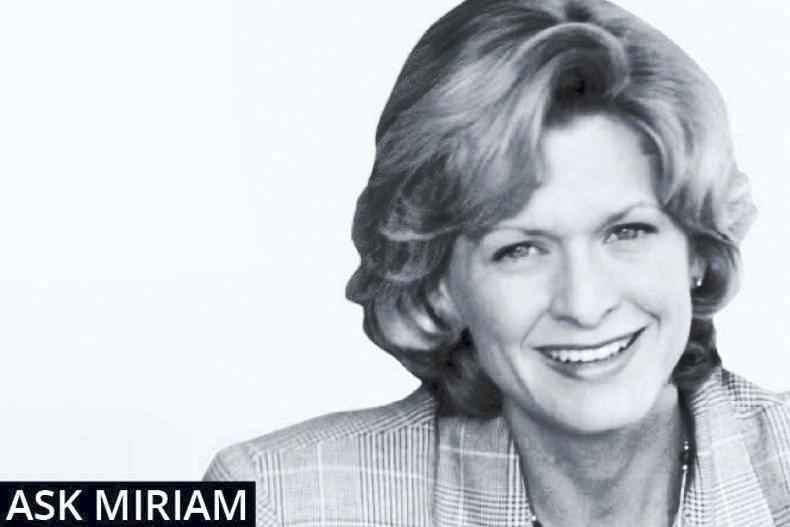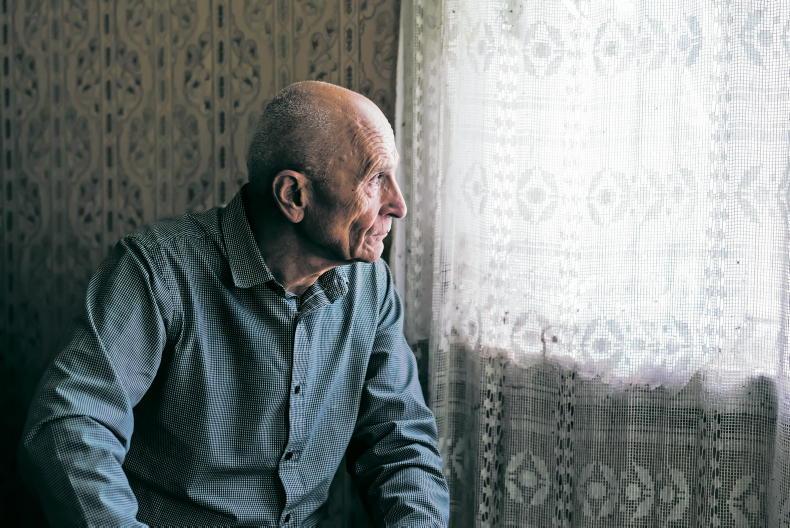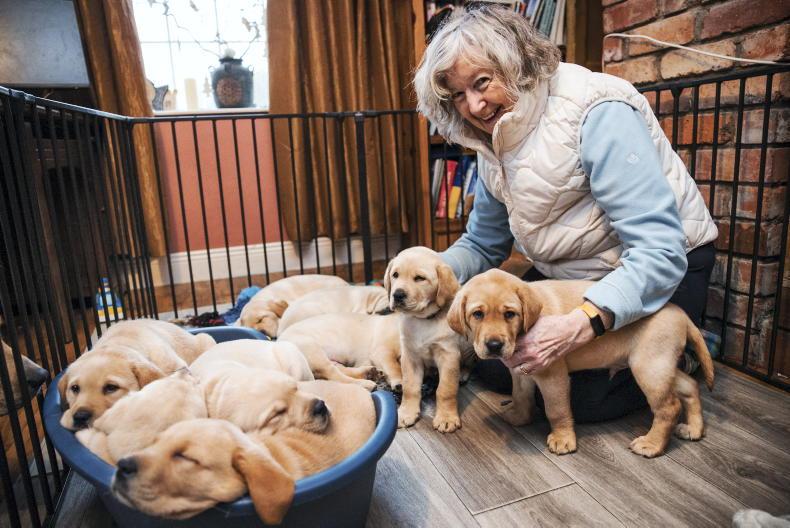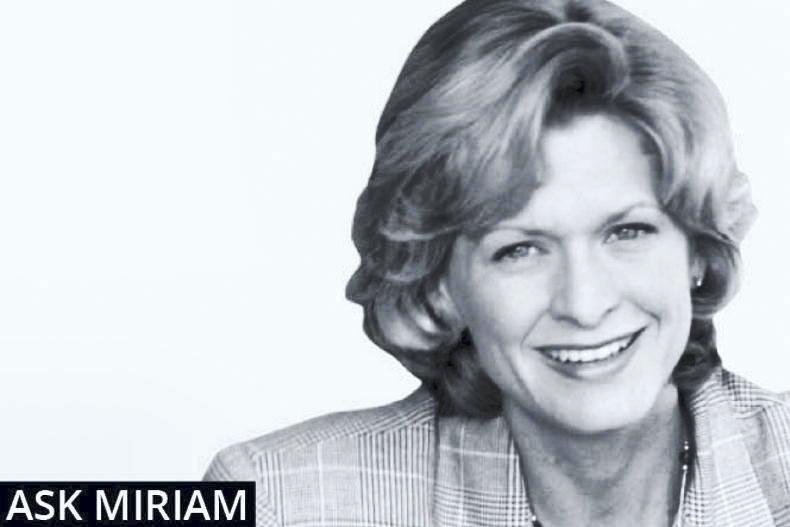It’s not often that a short story hits you in the stomach with a guilt-ridden punch. You have no escape from its searing honesty. All the skills of a good author are displayed therein and you are forced to re-read it to discover its deep meaning.
The (very) short story I’m referring to is That Colour by Jon Mc Gregor. The setting is ordinary; a man is washing dishes in the sink while an elderly lady stands at a window commenting on the russet colour of the leaves outside in her garden. This is obviously an oft-repeated story and the son tenses with the retelling. He gives the usual scientific reason for the changing shades in autumn but his explanation is irrelevant; he realises she is accessing a memory of herself as a young woman when once she had flame-red hair and was wearing her favourite red skirt. Rather than dismissing her musings, he holds her hand and says:
“But tell me again…”
Its message struck me forcibly because I was that adult child a few years ago, rinsing cups and plates for my father when he was still living alone in his 90s. I would sort dinner for my family on a Saturday and then head up to visit him with my pre-packed plastic containers filled with casseroles and stir fries. My mind would be full of all my plans for the school week ahead as I swung into his driveway. There he’d be, kneeling by a flower bed, plucking weeds or trimming edges – his head leaning to one side in deep concentration. Every time I helped him to his feet, I could sense the persistent decline in his muscle tone.
He was so happy pottering around his garden and would expect you to praise his labour. We’d then go inside and I’d heat up his lunch while he told me about the latest happenings; old friends who called or indeed the local dogs who fouled his carefully manicured lawn! His conversation would become more animated during the evening as one story led to another.
By teatime, my mind would start wandering to the homeward journey and whether the traffic might be heavy. My father often cut across my thoughts with a reprimand: “You’re not listening to me!”
He was right. I’d heard all the stories of his working life before and knew every twist, every punchline. In retrospect, I should have acknowledged how important such repetition was for him. He was thinking back to a time when his life was more active, so in order to keep those memories alive to invigorate him in a quieter phase, he needed to express them to an empathetic listener.
The goodwill of youth
My children were often more accommodating to him. When he went into a nursing home for his final months, two of the boys would break the long daily commute by going in to see him in the evenings. The generation gap often allows some breathing space for young and old to converse more easily. Unlike me, they carried no baggage other than a can of beer stashed in a paper bag for him.
They used to enjoy watching a soccer match, sprawled on the floor at his feet. He would regale them with stories of sports cars he had driven as a young man and boast about his female conquests! My son, a mechanic, would listen kindly to him and discuss the merits of different types of engine oil or wax polish. How very often we underestimate the goodwill of youth.
The same son was equally time-generous with his other grandfather. The latter was a very outgoing character who enjoyed describing the rosettes his sheep won at the RDS spring show and many other exhibitions countrywide. Once again, I must confess that as much as his eyes shone in the telling, mine glazed over as I had no knowledge of the finer points of ‘good bone’ or bloodlines.
My son shared a love of shooting with him and when he became too ill to join him at the sport, this young fellow would come in after an ear-splitting session in the nearby paddock to recount his tally. Indeed, when my father-in-law’s days were drawing in and none of us were brave enough to voice the obvious, my chap bounced into the silent room with a hastily-written note for his grandad to sign – bequeathing his shotgun to him! Everyone was amused, no-one more than our beloved farmer who visibly relaxed and smiled.
Summers in Donegal
Sometimes older people don’t realise what interesting stories they have to tell or perhaps have not been graced with an attentive listener. I’m thinking of a lady we used to stay with each summer in Donegal on the Fanad Peninsula.
She took in paying guests to supplement her income. I remember her tossing turf into the range, then standing at the dresser looking out the window, her work-hewn hand bent on her hip as she watched the locals pass by. She would blow aside a damp coil of hair that had escaped her hairnet and give us a lyrical synopsis of their daily lives.
My sister and I used to sit unnoticed in the corner, thrilled to hear the stories about parishioners, especially those who had emigrated and perhaps returned home with an American bride.
When I wrote a piece for radio about the area many years later, our dear friend was both surprised and proud. She didn’t see that she was at the heart of it nor that her riveting accounts had struck a chord with me.
I brought the two youngest children to see her when we happened to be in Raphoe at a Suffolk sheep sale about 15 years ago. I talked nonstop to my avid audience in the back of the car as we wound a path around Mulroy Bay. By the time we reached the little lakeside cottage that she had retired to, they were well-versed in all her ways. While she was delighted with our visit, the conversation was strained at first. Her eyes were somewhat dimmer than I remembered and although she still gazed into the distance as she talked, her speech was less spirited.
“Old age has nothing to recommend it,” was all she said.
She searched in a kitchen press for something to give the small children and then apologised for not having anything they might enjoy. I ran out to the car and rummaged for packets of crisps in the boot. As I walked back in the door, I could hear my little boy chatting to her.
“So, will you tell us the one about the lad smoking the posh cigar on the back of the rickety tractor?”
My feet were stuck to the floor. “God almighty,” I thought, “she’ll think I’m a terrible gossip, filling the children’s heads with tales.”
Her back was to me, but I could see the line of her shoulders had softened. Her familiar, lilting voice filled the room as she responded to him.
“Ach, aren’t you a right wee man! As nosy as your mother ever was.”
Laughter lines appeared around her eyes as she turned to me.
I nodded for the story to begin. “Go on, tell me again.”
Read more
A girl's best friend
Memoir: so like your mother
It’s not often that a short story hits you in the stomach with a guilt-ridden punch. You have no escape from its searing honesty. All the skills of a good author are displayed therein and you are forced to re-read it to discover its deep meaning.
The (very) short story I’m referring to is That Colour by Jon Mc Gregor. The setting is ordinary; a man is washing dishes in the sink while an elderly lady stands at a window commenting on the russet colour of the leaves outside in her garden. This is obviously an oft-repeated story and the son tenses with the retelling. He gives the usual scientific reason for the changing shades in autumn but his explanation is irrelevant; he realises she is accessing a memory of herself as a young woman when once she had flame-red hair and was wearing her favourite red skirt. Rather than dismissing her musings, he holds her hand and says:
“But tell me again…”
Its message struck me forcibly because I was that adult child a few years ago, rinsing cups and plates for my father when he was still living alone in his 90s. I would sort dinner for my family on a Saturday and then head up to visit him with my pre-packed plastic containers filled with casseroles and stir fries. My mind would be full of all my plans for the school week ahead as I swung into his driveway. There he’d be, kneeling by a flower bed, plucking weeds or trimming edges – his head leaning to one side in deep concentration. Every time I helped him to his feet, I could sense the persistent decline in his muscle tone.
He was so happy pottering around his garden and would expect you to praise his labour. We’d then go inside and I’d heat up his lunch while he told me about the latest happenings; old friends who called or indeed the local dogs who fouled his carefully manicured lawn! His conversation would become more animated during the evening as one story led to another.
By teatime, my mind would start wandering to the homeward journey and whether the traffic might be heavy. My father often cut across my thoughts with a reprimand: “You’re not listening to me!”
He was right. I’d heard all the stories of his working life before and knew every twist, every punchline. In retrospect, I should have acknowledged how important such repetition was for him. He was thinking back to a time when his life was more active, so in order to keep those memories alive to invigorate him in a quieter phase, he needed to express them to an empathetic listener.
The goodwill of youth
My children were often more accommodating to him. When he went into a nursing home for his final months, two of the boys would break the long daily commute by going in to see him in the evenings. The generation gap often allows some breathing space for young and old to converse more easily. Unlike me, they carried no baggage other than a can of beer stashed in a paper bag for him.
They used to enjoy watching a soccer match, sprawled on the floor at his feet. He would regale them with stories of sports cars he had driven as a young man and boast about his female conquests! My son, a mechanic, would listen kindly to him and discuss the merits of different types of engine oil or wax polish. How very often we underestimate the goodwill of youth.
The same son was equally time-generous with his other grandfather. The latter was a very outgoing character who enjoyed describing the rosettes his sheep won at the RDS spring show and many other exhibitions countrywide. Once again, I must confess that as much as his eyes shone in the telling, mine glazed over as I had no knowledge of the finer points of ‘good bone’ or bloodlines.
My son shared a love of shooting with him and when he became too ill to join him at the sport, this young fellow would come in after an ear-splitting session in the nearby paddock to recount his tally. Indeed, when my father-in-law’s days were drawing in and none of us were brave enough to voice the obvious, my chap bounced into the silent room with a hastily-written note for his grandad to sign – bequeathing his shotgun to him! Everyone was amused, no-one more than our beloved farmer who visibly relaxed and smiled.
Summers in Donegal
Sometimes older people don’t realise what interesting stories they have to tell or perhaps have not been graced with an attentive listener. I’m thinking of a lady we used to stay with each summer in Donegal on the Fanad Peninsula.
She took in paying guests to supplement her income. I remember her tossing turf into the range, then standing at the dresser looking out the window, her work-hewn hand bent on her hip as she watched the locals pass by. She would blow aside a damp coil of hair that had escaped her hairnet and give us a lyrical synopsis of their daily lives.
My sister and I used to sit unnoticed in the corner, thrilled to hear the stories about parishioners, especially those who had emigrated and perhaps returned home with an American bride.
When I wrote a piece for radio about the area many years later, our dear friend was both surprised and proud. She didn’t see that she was at the heart of it nor that her riveting accounts had struck a chord with me.
I brought the two youngest children to see her when we happened to be in Raphoe at a Suffolk sheep sale about 15 years ago. I talked nonstop to my avid audience in the back of the car as we wound a path around Mulroy Bay. By the time we reached the little lakeside cottage that she had retired to, they were well-versed in all her ways. While she was delighted with our visit, the conversation was strained at first. Her eyes were somewhat dimmer than I remembered and although she still gazed into the distance as she talked, her speech was less spirited.
“Old age has nothing to recommend it,” was all she said.
She searched in a kitchen press for something to give the small children and then apologised for not having anything they might enjoy. I ran out to the car and rummaged for packets of crisps in the boot. As I walked back in the door, I could hear my little boy chatting to her.
“So, will you tell us the one about the lad smoking the posh cigar on the back of the rickety tractor?”
My feet were stuck to the floor. “God almighty,” I thought, “she’ll think I’m a terrible gossip, filling the children’s heads with tales.”
Her back was to me, but I could see the line of her shoulders had softened. Her familiar, lilting voice filled the room as she responded to him.
“Ach, aren’t you a right wee man! As nosy as your mother ever was.”
Laughter lines appeared around her eyes as she turned to me.
I nodded for the story to begin. “Go on, tell me again.”
Read more
A girl's best friend
Memoir: so like your mother









SHARING OPTIONS